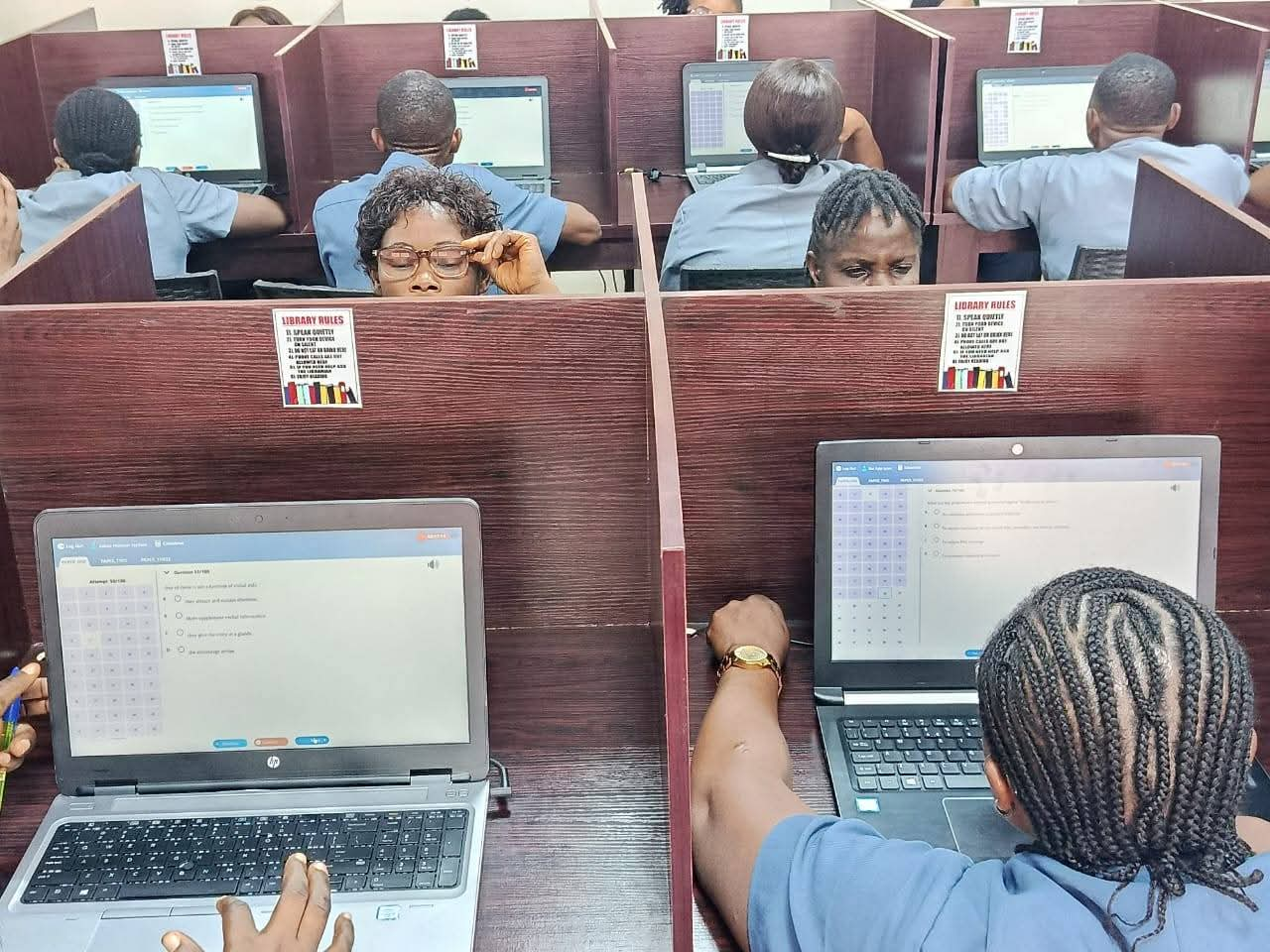Calabar, Cross River State – The Nigerian Red Cross Society (NRCS), in collaboration with the International Committee of the Red Cross (ICRC), has trained and equipped 25 journalists in Cross River State.
The three-day training, which was held from October 14-16, 2024, in Calabar, saw the journalists from print, electronic and online, giving themselves CPR (Cardiopulmonary Resuscitation) and DRABCD (Danger, Response, Airways, Breathing, Compression and Defibrillation).
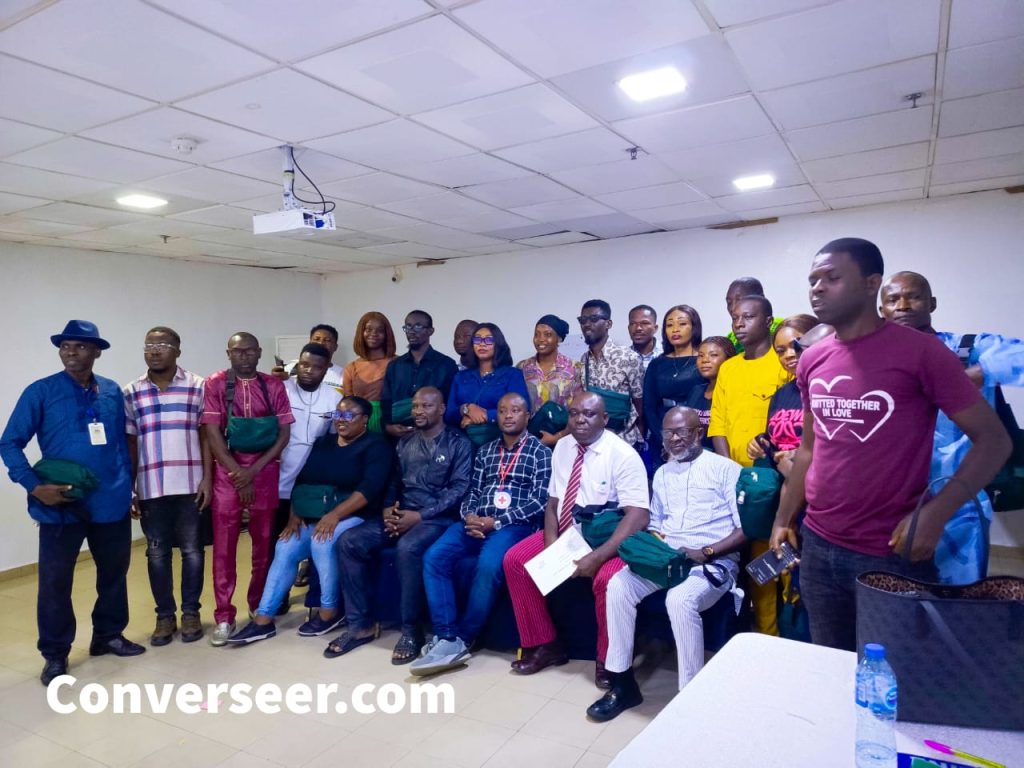
Other first aid lessons learned by the journalists include HCiD (Health Care in Danger), handling choking, shock and fainting, convulsions, burns, bones and fractures, bites, wounds, gunshots, poison, bleeding, electrocution, full-body examination, proper use of gloves, among others.
The journalists also learned about the procedures for First Aid treatment – the 4Bs; Breathing, Bleeding, Burns and Broken Bones.
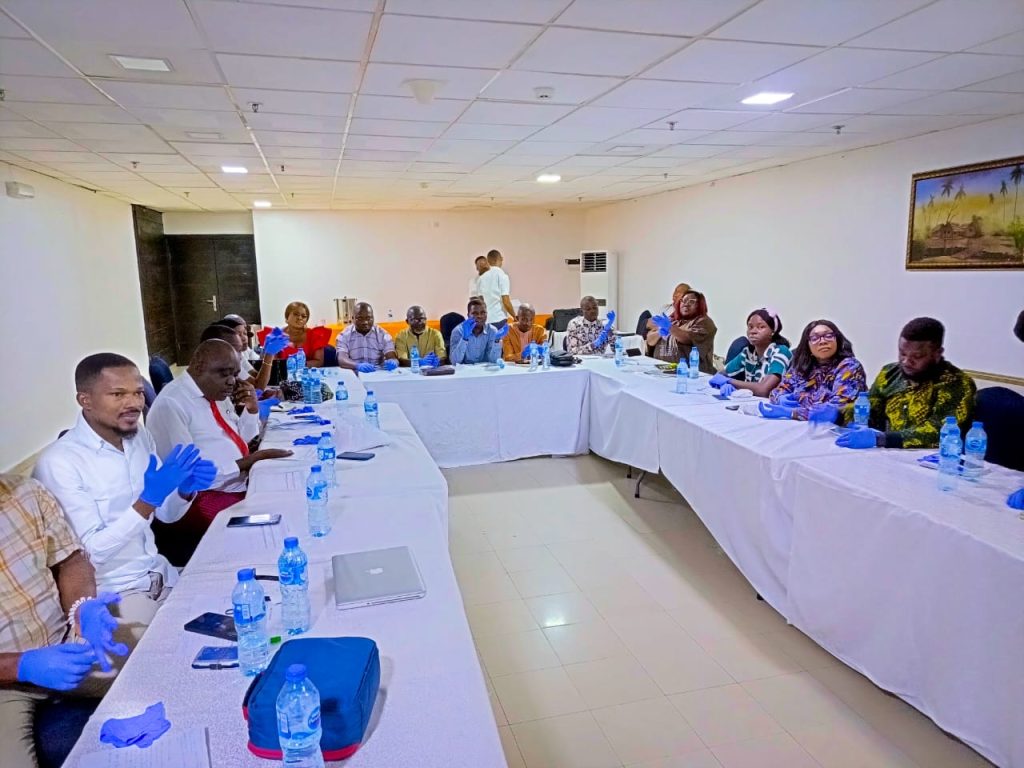
Speaking at the end of the three-day training, Joseph Eni, State Secretary of the Nigerian Red Cross Society, Cross River Branch, said the idea for the training of journalists is actually not new.
“For us, the idea is that we know that based on your area of professionalism, you’re actually exposed to some certain level of risk on the line of duties.
“So, the knowledge of fair scale at work will be very useful to you. You can use it to help your colleagues, use it to help your community,” Eni said.
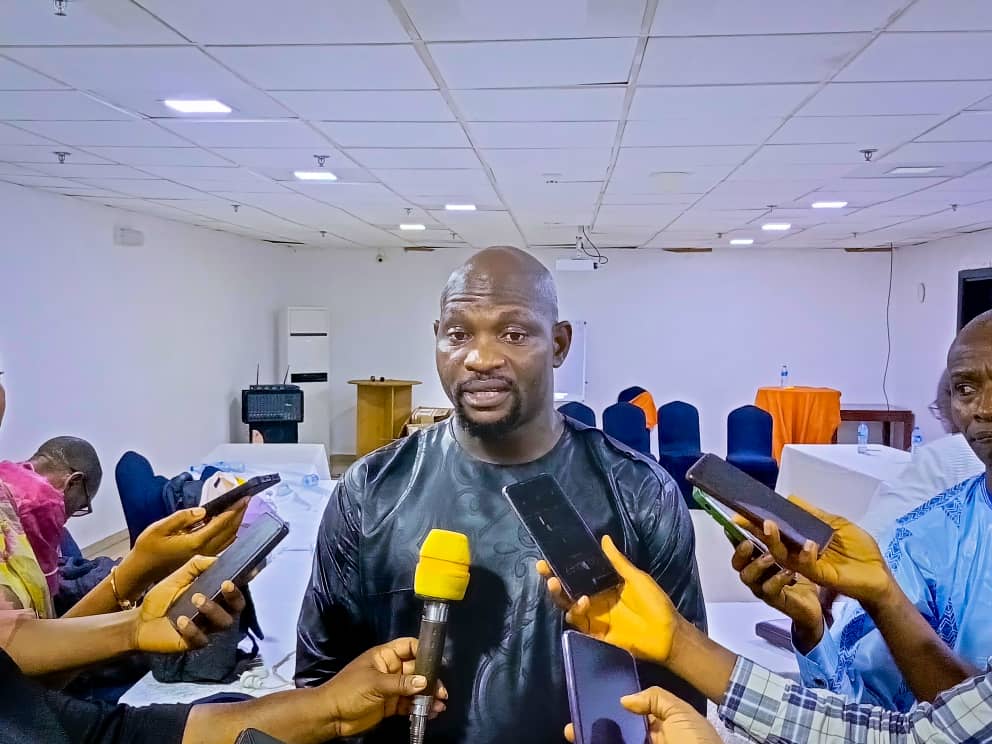
Eni added that, “First aid, as you’ve learned, is to save life, prevent the situation from becoming worse, and also ensure that there is quick recovery.”
He said the knowledge of first aid is also dynamic, noting that, “You are expected to update your knowledge every three years.
“So, this one that you have been trained, after three years, whatever certificate you have will expire, and you are expected to be retrained so that you can remember and also have new skills to continue serving humanity in the area of rendering first aid services. So retraining is the key to stay, you know, up to date,” he maintained.
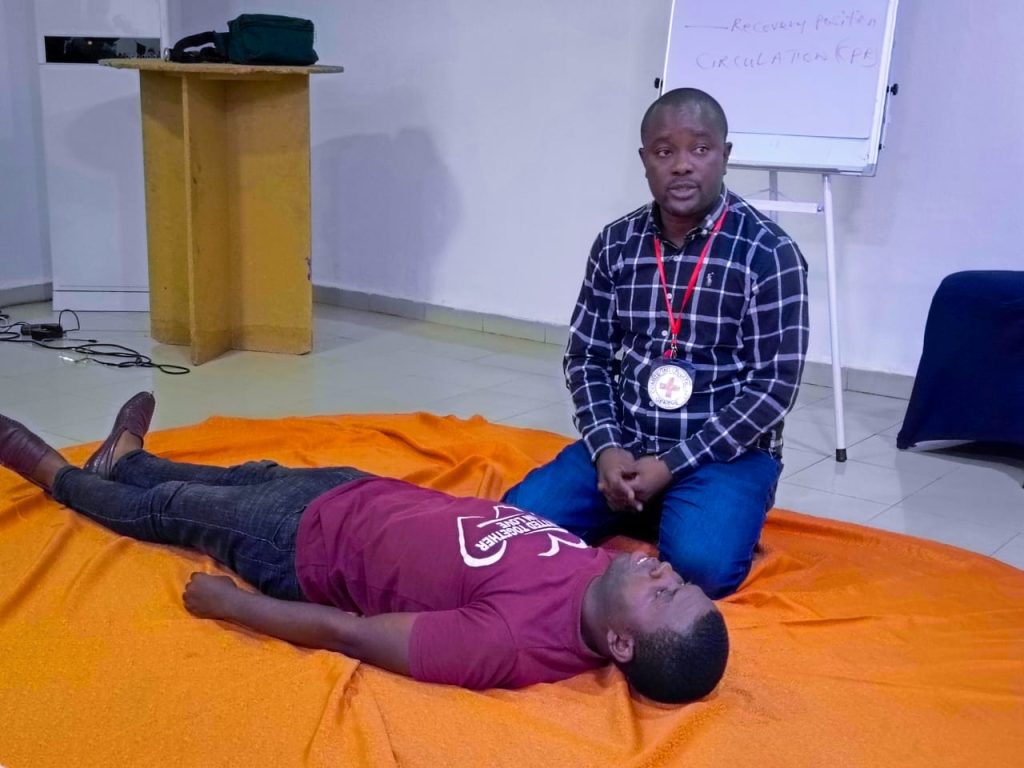
On his part, Daniel Edobor, First Aid and Pre-Hospital Care Specialist for the International Committee of the Red Cross said the training basically focused on emergencies because journalists are always on the move.
Edobor who took the majority of the training, explained, “Basically we had to do most things that had to do with emergency response, knowing the kind of job journalists do so that when they are injured in the course of their work, they could be treated, be able to help themselves or help their colleagues.
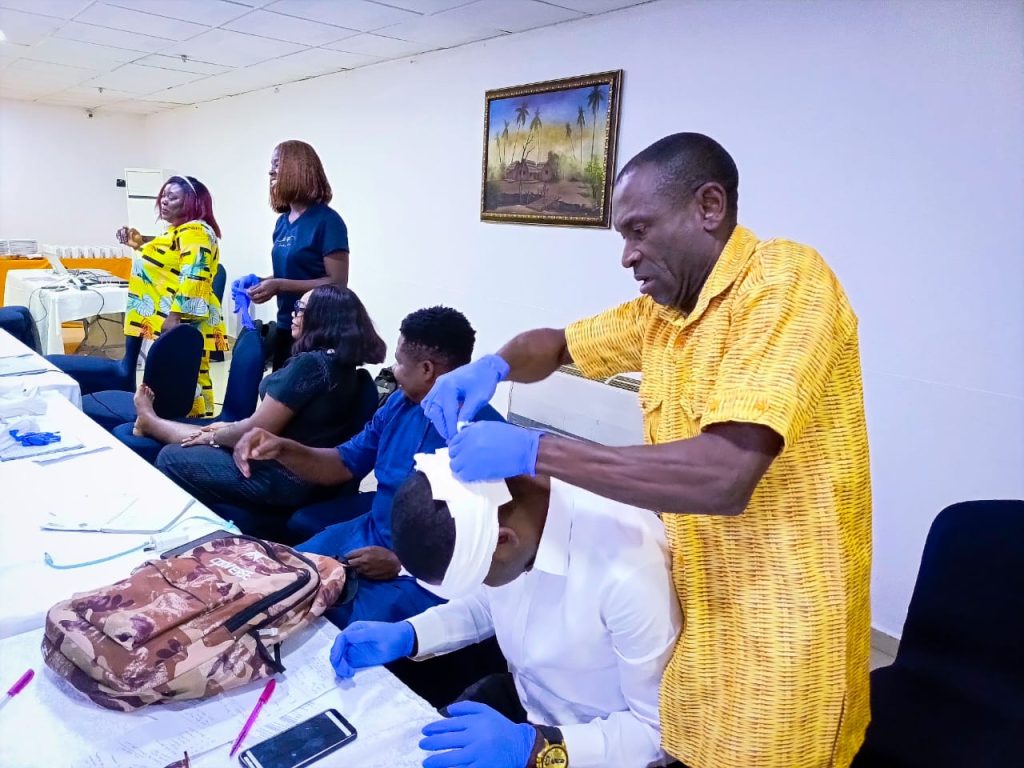
“We thought about how to place a person in a recovery position, how to do CPR (cardiopulmonary resuscitation), how to stop bleeds, how to manage fractures, how to deal with home injuries, how to manage bones, etc. So much more we did, just so that people could know how to manage these injuries.
“We also went on to show them how to transport people to the hospital after treating them,” Edabor said, adding, “It was just a three days workshop.”
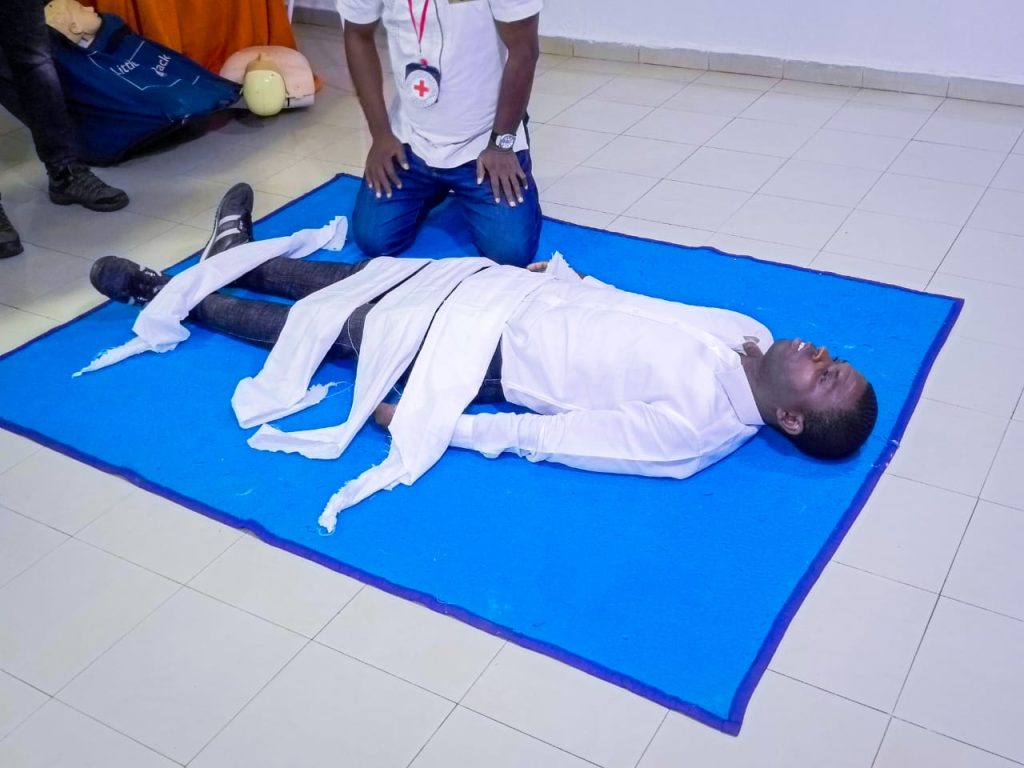
Speaking further, Edabor said the training was more practical rather than theoretical.
“We emphasised on hands-on skill. We know that with hands-on skills, people don’t forget what they practice. So throughout the three days, it was more hands-on skills, and they were practising what they were doing and like a take-home for them.
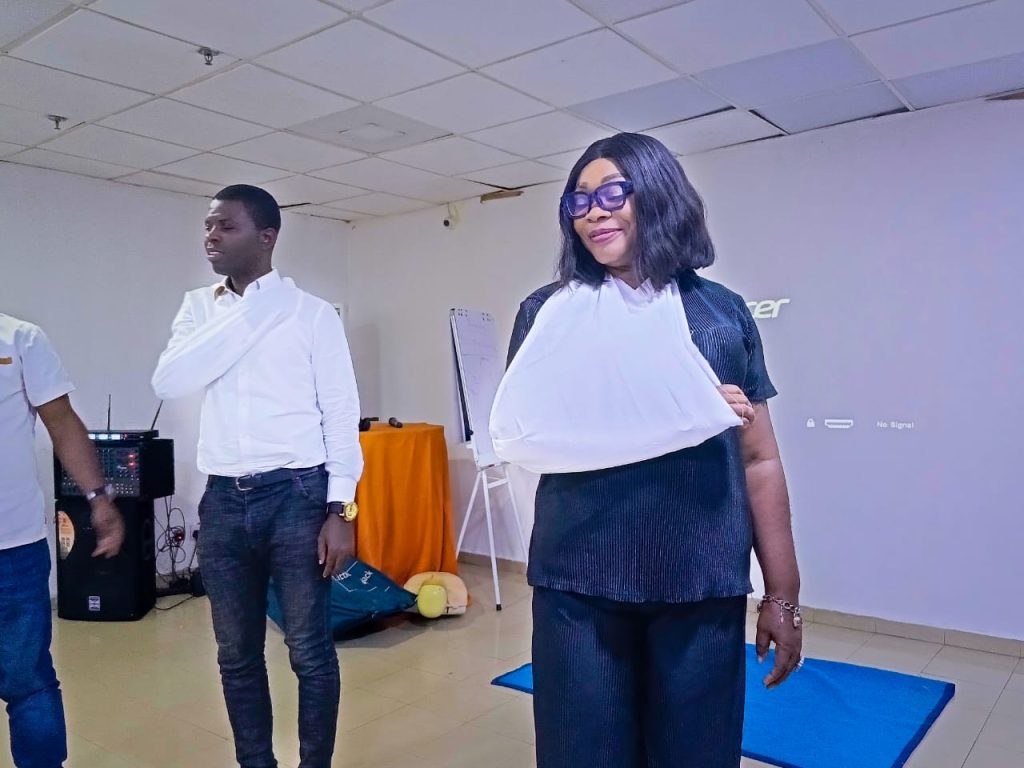
“We advise them to teach their colleagues and, of course, their family at home. That way, it’s a way of retaining memory and a way of rotating the knowledge they have learned,” he said.
He also noted that opportunities will always come for people to get trained and retrained.
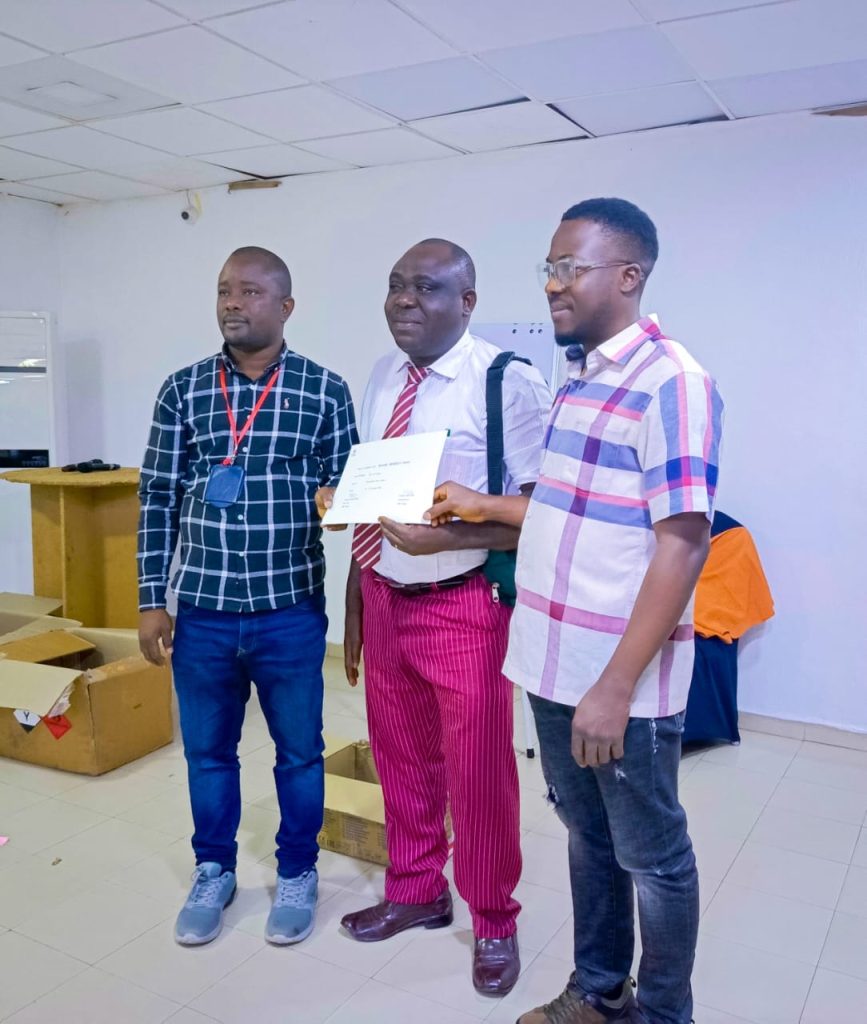
In his thank you message, Mr Ben Okache, on behalf of the trained journalists, commended the NRCS and ICRC for being thoughtful in coming to train them for free with such important and lifesaving skills.
“On behalf of everyone, I thank the Red Cross for training us with such an important skill for free. The training is of help to us and will create a lasting memory.
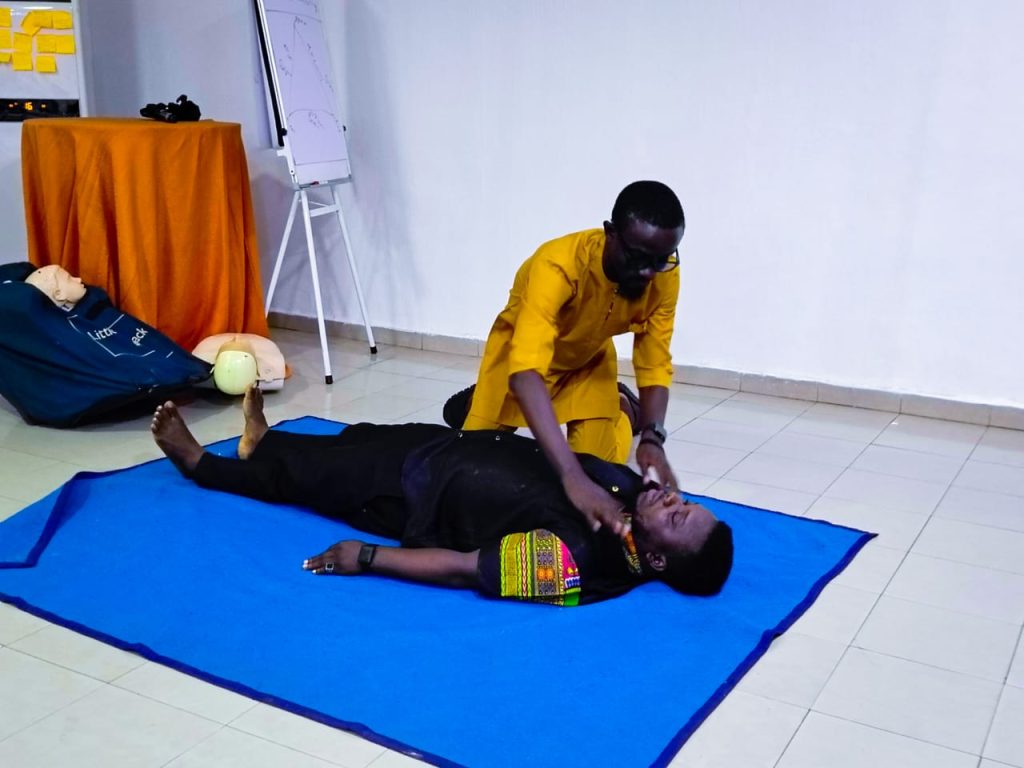
“We assure you that we’ll not misuse the training and kits – it will only be for the safety of humankind,” Okache said, adding that they will ensure they use their platforms to extend the goodwill of the Red Cross.
Converseer reports that at the end of the training, First Aid kits and Certificates were given to the journalists.
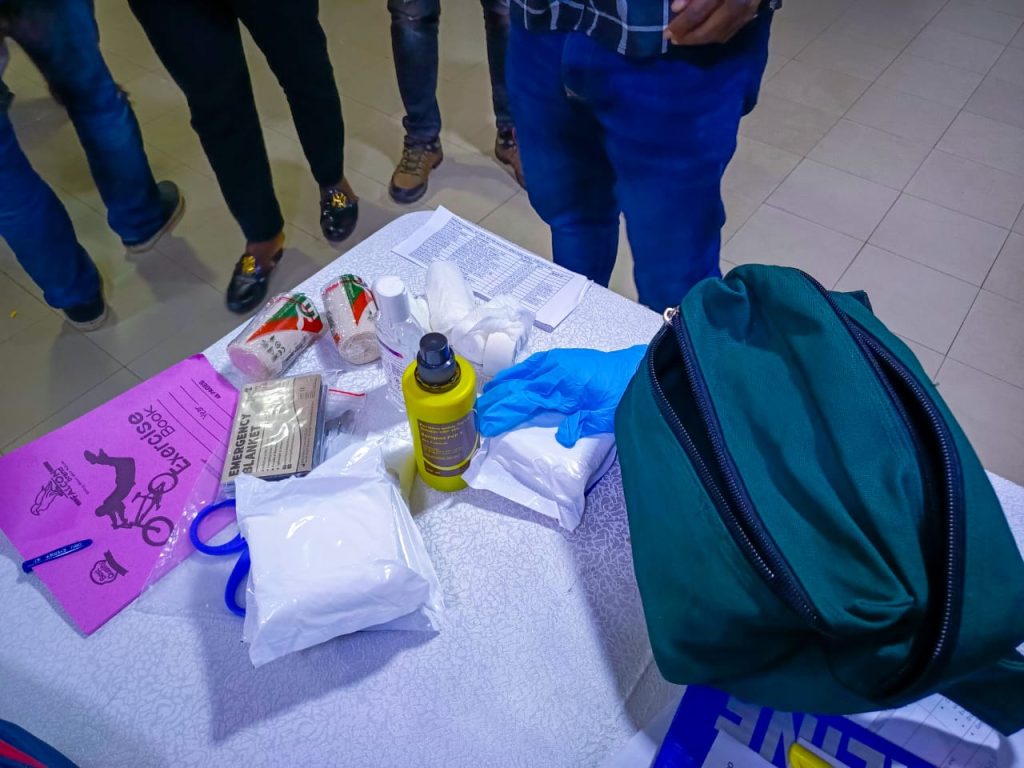
Converseer also reports that First aid is the first treatment or assistance given to a person to preserve life, prevent the condition from worsening, or promote recovery until the arrival of medical services.




